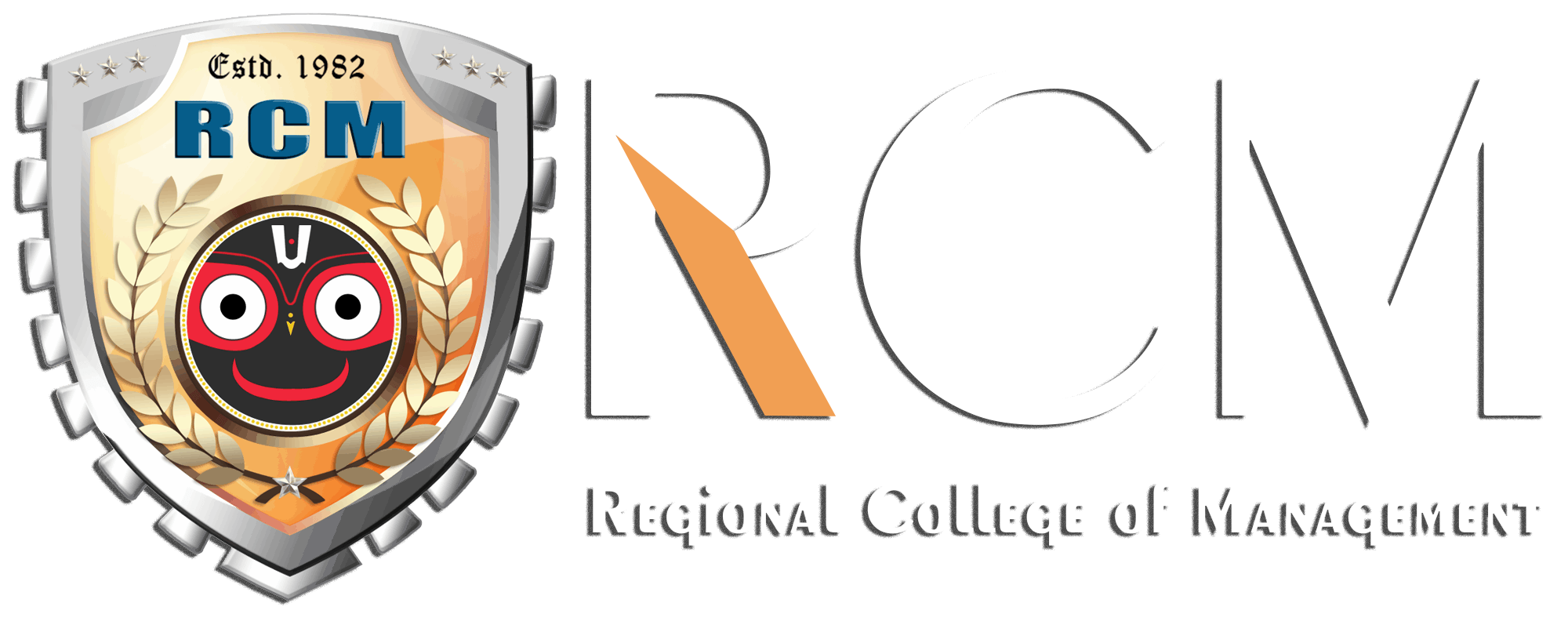Today, Information Technology forms the cornerstone of digital transformation for most businesses. Innovations like Edge Computing, Digital Twin technology, and principles of Industry 4.0 are changing business operations, creating more efficiency, and driving growth.
Edge Computing: Bringing Data Processing Closer
Edge Computing is revolutionizing data management by processing information near the data source rather than relying solely on centralized cloud systems. The idea is that there is reduced latency, faster decision-making, and more bandwidth-efficient operations. Such industries as manufacturing and healthcare apply Edge Computing in real-time monitoring of equipment performance and patient health, respectively, leading to proactive interventions and optimized operations.
Digital Twin: Blurring Lines between Physical and Digital Worlds
The Digital Twin concept refers to the creation of a virtual replica of a physical object or system. By means of Digital Twin, simulation, analysis, and control allow for greater insight into performance and potential issues. In aerospace and automotive sectors, Digital Twin technology is used for predictive maintenance needs and improvement in design processes, hence reducing costs and enhancing product quality.
Industry 4.0: The New Industrial Revolution
Industry 4.0 signifies the integration of Information Technology with industrial practices. This leads to smart, autonomous systems fuelled by data and machine learning. This digital transformation encompasses automation, IoT, and advanced analytics. It enables industries to achieve higher levels of efficiency and customization. Manufacturers adopting Industry 4.0 principles witness improved production processes and supply chain management.
Telemedicine: Transforming Healthcare Delivery
Telemedicine is a crucial part of digital transformation in healthcare. Information Technology enables remote consultations, diagnosis, and treatment. It makes healthcare more accessible, especially in less privileged areas. Integrating Telemedicine with Digital Twin models and Edge Computing enhances real-time patient monitoring and personalized care. This leads to better healthcare delivery.
The Role of IT in Driving Digital Transformation
Information Technology is the backbone of digital transformation. This enables Edge Computing, Digital Twin technology, and Industry 4.0 projects. Embracing IT-driven innovations streamlines operations and enhances consumer experiences. Organizations stay competitive in a rapidly changing market through these advancements.
Conclusion: Empowering the Future with RCM
Information Technology plays a pivotal role in digital transformation. At RCM, our broad programs focus on giving students deeper knowledge and hands-on experience with Edge Computing, Digital Twin technology, Industry 4.0, and applications of Telemedicine. Once the students master all these areas, they can be innovators or leaders in several industries to make the next big leap forward.
Welcome to the future of RCM, where we empower you to become a catalyst for digital transformation by mastering cutting-edge concepts and applications in Information Technology.





























